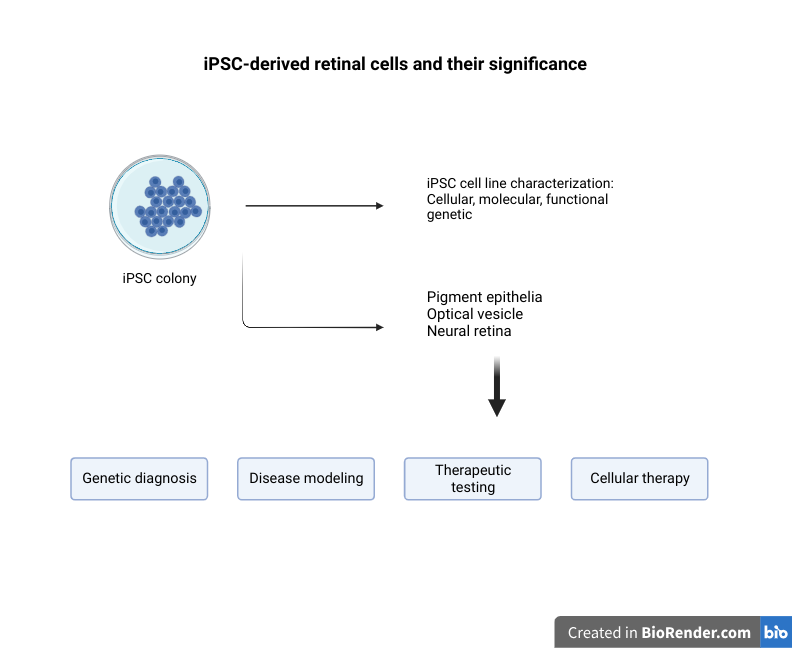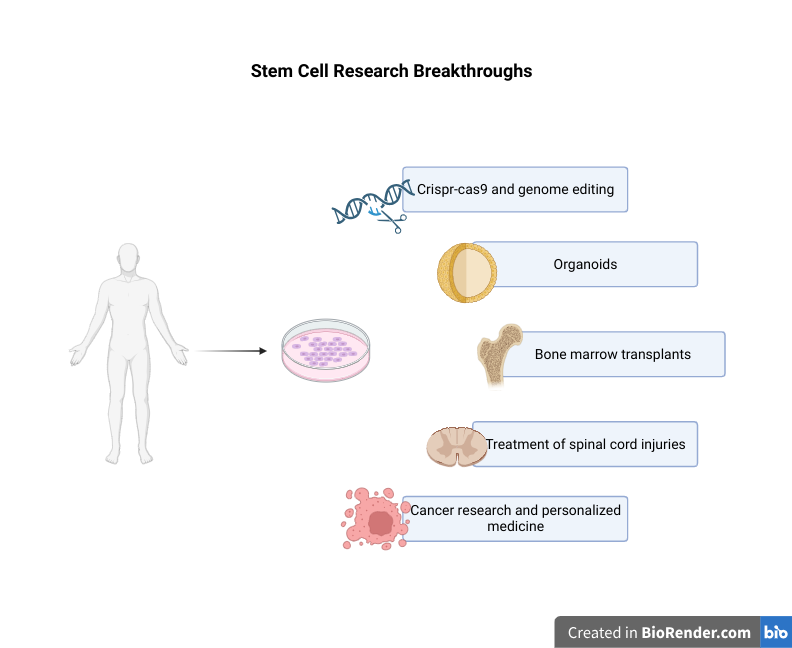
Spotlight on the applications of precision medicine
Modern medicine and therapies are designed to treat large groups of people with the same disease. Doctors may consider the sex, age, or medical history of the patient but most of the treatments are still based on what is most likely to work for everyone with similar issues. Since our genes, lifestyle, environment, and socioeconomic factors affect our health, not everyone responds to treatment in the same way; drug efficacy and side effects differ from person to person (1).
This is where the precision or personalized medicine approach steps in. By taking into account all these factors, this approach aims to determine the best treatment that would most likely work for each individuum.
This article explores the applications of personalized medicine
1. Cancer treatment: Even if two persons have the same type of cancer, they may need different treatment lines. Personalized medicine uses the analysis of genetic mutations in the tumors to determine the best approach to treat cancer in each patient. Biomarker testing or tumor profiling investigate genetic changes in cancer and these analyses can help doctors to choose a treatment that is most likely to work (2).
2. Pharmacogenomics: Precision medicine is an emerging approach to predict how an individuum responds to a particular medication based on its genetic makeup. This precise information can help tailor drug selection and the most effective dosage to avoid adverse reactions to a drug (3).
3. Infectious disease management: Precision medicine is used to predict the susceptibility of a person to an infectious disease based on genotypic, phenotypic, and clinical data. Predictive and genomic modeling and whole genome sequencing can be used to develop personalized preventive measures and targeted therapies (4).
4. Rare disease diagnosis: Precision medicine is being used to diagnose rare diseases that are caused by specific genetic mutations which affect for example one in 10,000 people. Precision medicine aims to identify the root molecular and pathogenic genotype cause driving the disease (5).
5. Personalized nutrition: Personalized medicine approach is being used to develop personal nutrition and diet plans based on an individual’s genetic makeup, lifestyle, and environment. This approach helps to optimize an individual’s health by providing them with the right nutrients in the right amounts.
References
1. Mathur S, Sutton J. Personalized medicine could transform healthcare. Biomed Rep. 2017 Jul;7(1):3-5. doi: 10.3892/br.2017.922. Epub 2017 Jun 2. PMID: 28685051; PMCID: PMC5492710.
2. Hoeben A, Joosten EAJ, van den Beuken-van Everdingen MHJ. Personalized Medicine: Recent Progress in Cancer Therapy. Cancers (Basel). 2021 Jan 11;13(2):242. doi: 10.3390/cancers13020242. PMID: 33440729; PMCID: PMC7826530.
3. Cecchin E, Stocco G. Pharmacogenomics and Personalized Medicine. Genes (Basel). 2020 Jun 22;11(6):679. doi: 10.3390/genes11060679. PMID: 32580376; PMCID: PMC7348959.
4. Jensen SO, van Hal SJ. Personalized Medicine and Infectious Disease Management. Trends Microbiol. 2017 Nov;25(11):875-876. doi: 10.1016/j.tim.2017.09.006. Epub 2017 Sep 29. PMID: 28969882.
5. Might M, Crouse AB. Why rare disease needs precision medicine-and precision medicine needs rare disease. Cell Rep Med. 2022 Feb 15;3(2):100530. doi: 10.1016/j.xcrm.2022.100530. PMID: 35243424; PMCID: PMC8861960.



